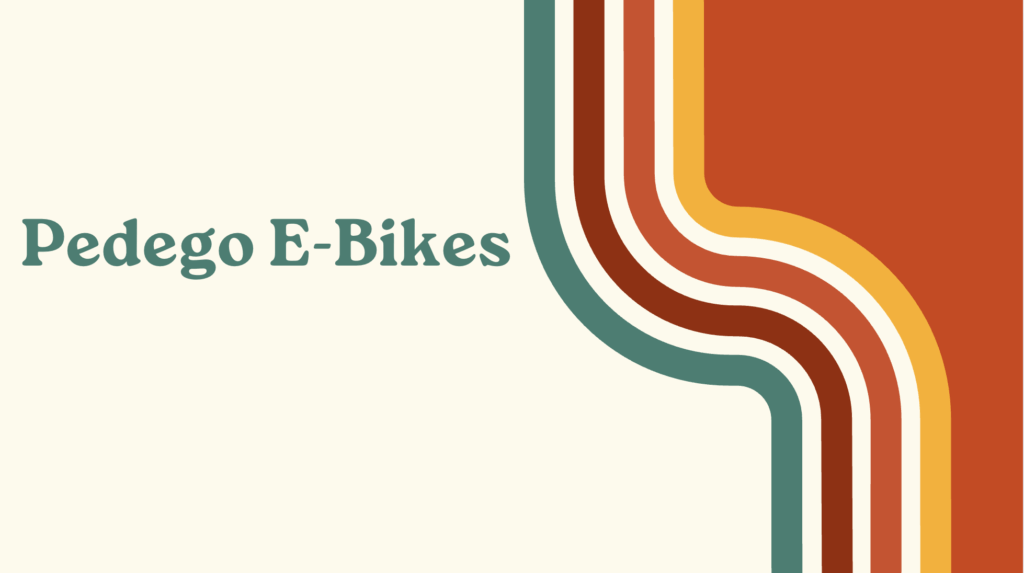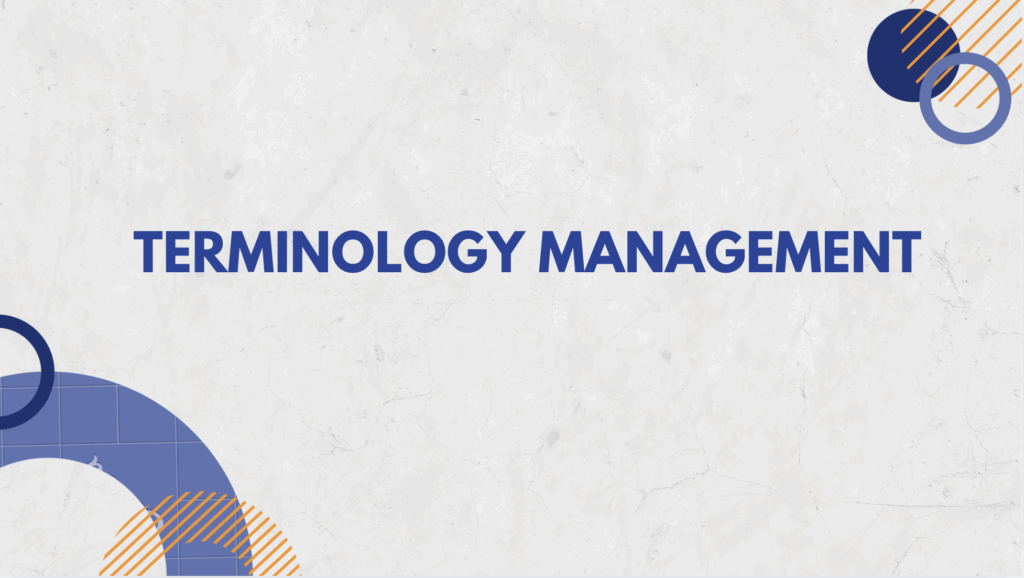During the summer of 2024, I had the privilege of participating in the Team4Tech program, leading a team to conduct ICT skills training for local primary school teachers in Uganda. Team4Tech partnered with Middlebury College, Dartmouth College, and the African SOUP, a nonprofit organization in Uganda, for an 8-week internship program for graduate and undergraduate students. As a Project Coordinator, I supported the partnership and ensured the smooth progress of the project and logistics operations by communicating with the Team4Tech Program Director, the Team4Tech Consultant in Kampala, the African SOUP point person, and the undergraduate interns, as well as leading group discussions and reflections.
We have worked with the African SOUP in Namutumba in Uganda for one month. To better help the teachers develop ICT skills and integrate them into their classes, it was important to know their teaching styles and needs. So we observed the classes in all grades and organized discussions with all the teachers during the first week. Based on our observations and the teachers’ feedback, we designed and implemented daily ICT skills training sessions focusing on Microsoft Suite, Google research, introducing online learning platforms such as Khan Academy and Crash Course, using hardware like printers, speakers, projectors and email. During our stay, we conducted a teacher survey and communicated with the SOUP point person every week to adjust and improve the training plan.
By the end of the project, we
- Completed the one-month-training, which will not only impact teachers but also over 600 students in the school. Teachers made an impressive progress in ICT skills. Some teachers made PowerPoint slides and Word documents using our photos to express their appreciation.
- Digitized the administrative templates, including attendance sheets, grade sheets, lesson plans, schemes of work, and weekly reports in the school, which highly enhances teachers’ working efficiency, because they recorded those information manually before. Many teacher have been using the grade sheet template that we created to record the mid-term exam grades and gave us positive feedback.
- Created step-by-step guides for Microsoft and the use of email and the printer at school for teachers’ future reference.
- Organized student trainings for P5 to P7, which provided computer and internet access to students and motivated them to learn more.
- Had an in-depth conversation about AI with the Co-Founder, Executive Director and Active Learning Project Director of the African SOUP. We also provided them with some AI related articles and videos that they can apply in the nonprofit management and education.
Beyond that, we established a strong and trusting relationship with the teachers and students at the school. Every Sunday, we visited the school, observed music classes, played volleyball, danced with the students, and enjoyed a wonderful day together.
I believe that this experience leaves a sustainable impact on all participants. It took us to a new country we had never set foot in before, improved our leadership and teamwork abilities, and changed our mindset.
Want to see what it actually looked like on the ground? Check out the slides and media links below for photos, behind-the-scenes moments, and a sprinkle of Ugandan sunshine.🎉
University Interns Lead ICT Training in Uganda
Beyond the Screen: Conflict Transformation through ICT Training for Teachers in Uganda_Ruiqi Ma by Ruiqi Ma


